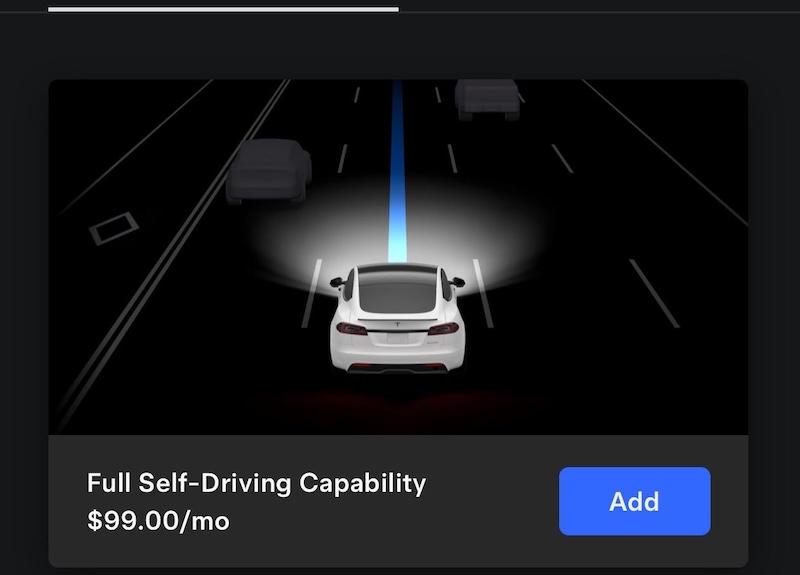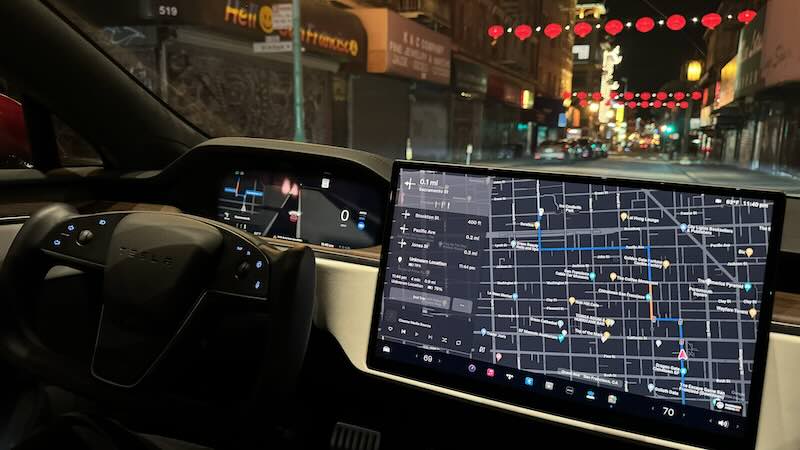When it comes to pushing the boundaries of autonomous driving tech, Tesla has been engaged in a wildly ambitious moonshot for years with its Full Self-Driving (FSD) system. However, some new data hints that the FSD service might be having trouble finding traction – at least in terms of paid adoption.
According to the latest figures from YipitData, a company that analyzes email receipts and consumer behavior, Tesla sent out around 3,500 FSD free trial activations to owners over the past month. Sounds like a great opportunity to showcase the tech and lock in paid subscriptions, right?
When the dust settled on all those free auditions, YipitData’s data indicates that a paltry 50 trials actually converted into new FSD V12 purchases or subscriptions by May 5th. Do the rough math, and you’re left with a conversion rate of just under 2%.
Data analysts themselves are quick to admit that 3,500 trialists is still a limited sample size. There’s also no definitive way to pinpoint exactly how many owners received free trials through credit card transaction tracking, making the estimated 2% conversion stat a bit fuzzy around the edges.
That said, even if the rate is underestimated, most industry-watchers seem to agree that FSD uptake among Tesla faithful is lagging well behind expectations so far. 10% paid conversion rate could be considered an optimistic, best-case scenario long-term.
Many Tesla drivers are taking a cautious “hands-on” approach with FSD rather than handing over the keys.

What’s Holding FSD Back?
There could be several reasons behind FSD’s lackluster conversion numbers so far:
Cost: $8,000 is a tough pill to swallow for software that still requires driver supervision. The monthly $99 fee is steep too.
Limitations: FSD doesn’t actually enable “full self-driving” yet. It still requires an attentive driver behind the wheel in case of errors.
Privacy concerns: Letting powerful AI take the wheel raises security and privacy questions some drivers may not be comfortable with.
Regardless, FSD will need to clear some higher bars to win over the masses. Simply promising driverless capabilities won’t be enough – the tech needs to prove it’s a true game-changer worthy of Elon Musk’s sky-high ambitions.
